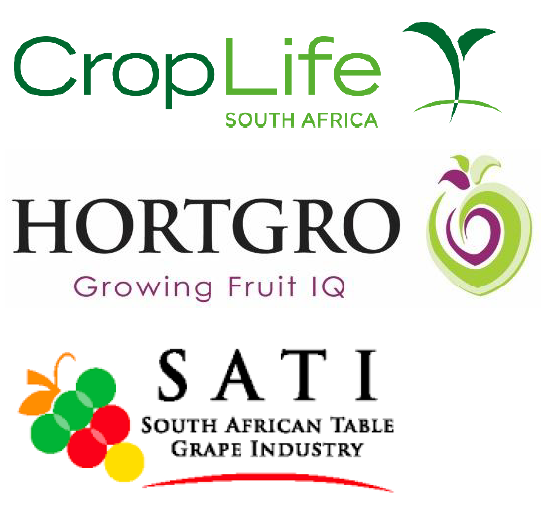CropLife SA Article
19 May 2025
• Agricultural Industry Reaffirms Commitment to Sustainable Stewardship and Responsible Crop Protection •
19 May 2025
Agriculture and food production are, by their very nature, long-term ventures. As such, sustainability lies at the heart of every farming operation and is embedded across the agricultural value chain. Social, environmental and governance considerations are critical not only for food security, but for the future of our people, our land and our economy.
The agricultural sector prioritises the production of safe, nutritious and affordable food for all South Africans. This can only be achieved through practices that protect the land and those who live and work on it. Environmental sustainability means caring for the soil, water and ecosystems we depend on. Social sustainability demands strong, respectful relationships with surrounding communities. It is in no stakeholder’s interest to place either the environment or people at risk.
A vital part of sustainably producing sufficient quantities of safe food is the ability to protect crops from devastating pests and diseases, minimise the impact of weeds on crops, and mediate certain responses in the crops to support growth and yield. Agricultural remedies, when used responsibly and in accordance with the label and the law, are critical tools in this pursuit. These products are tightly regulated in South Africa under the Fertilizers, Farm Feeds, Agricultural Remedies and Stock Remedies Act (Act No. 36 of 1947), with the most recent regulations published in August 2023.
South African agriculture already operates under multiple layers of legislation beyond Act No. 36 of 1947. These include the Occupational Health and Safety Act (Act 85 of 1993) and the 2021 Regulations for Hazardous Chemical Agents. Compliance with these laws, including the use of personal protective equipment (PPE), proper application techniques, and safe storage and transport, is a shared responsibility among all actors in the value chain, from researcher to farmworker.
Furthermore, the crop protection industry and grower groups strongly promote integrated pest management (IPM), a holistic strategy that combines biological, cultural and chemical tools to manage pests, diseases and weeds and achieve other desired crop responses while minimising risks to human and environmental health. There is no single “silver bullet”; rather, sustainable crop protection involves a balanced and strategic approach.
It is essential to understand the unique context of South African agriculture. Our climatic conditions, crop profiles and pest pressures differ significantly from those in other countries, meaning we often need specific products and solutions to protect our crops, some of which might not be required in other parts of the world. Nonetheless, South African farmers are held to internationally recognised standards and many of our regulations are aligned with those of our global counterparts, such as the European Union, including processes such as for emergency registrations and derogations.
As representatives of the agricultural industry, we welcome public dialogue on food safety and sustainability. However, it is crucial that this discourse is grounded in facts and regulatory realities, noting that all role players have both a right to a safe working environment, but also a responsibility to ensure that they comply with existing regulations and best practices. We remain committed to working with all stakeholders to ensure transparency, build public trust, and ensure that South Africa’s food systems are not only safe and productive, but resilient and responsible.
Food safety and security are fundamental to every household, therefore we reaffirm our commitment to continuous improvement, to environmental stewardship, and to a sustainable future for agriculture in South Africa.
Signed by representatives of the agricultural industry bodies listed below

For media queries please contact:
Denene Erasmus denene@satgi.co.za, Elise-Marie Steenkamp elise-marie@hortgro.co.za, or Elriza Theron elriza@croplife.co.za